WARC’s Chiara Manco looks at how past APG Awards winners have combined strategy and creativity to impact society for the better.
Whether tackling environmental issues or problematic social dynamics, advertising can play a role in emotionally moving people and empowering them with the tools to progress society for the better. From brands to NGOs all the way to governmental organisations, winners of the 2019 APG Creative Strategy Awards show us how.
The 2021 APG Creative Strategy Awards are now open for entries. Visit their website to enter and register to the upcoming How to Win online events.
Awareness meets empowerment
NGO Plastic Oceans International’s sole goal has always been to tackle the issue of plastic pollution. Having traditionally focused on awareness campaigns, in 2018 it decided to get people to act. The idea behind the Bronze-winning Trash Isles campaign was born out of the fact that a patch of plastic trash the size of France was floating in the Pacific Ocean. Plastic Oceans International set out to turn this patch of trash into an actual country, with its own flag, currency, anthem and government.
Forty influential personalities – from Sir David Attenborough to comedian Jack Whitehall and musician Pharrell Williams – became citizens of the Trash Isles, endorsing the initiative. The campaign gave people a way to participate in the change by becoming citizens themselves and spreading the word on their social channels.
The initiative, through AMV BBDO, gathered 240,906 signatures over the course of three months and made headlines worldwide. Though the Trash Isles were never recognised as a new country by the UN, Plastic Oceans International succeeded in its real goal, with all 193 UN members pledging to put the issue of plastic pollution at the top of their political agenda.
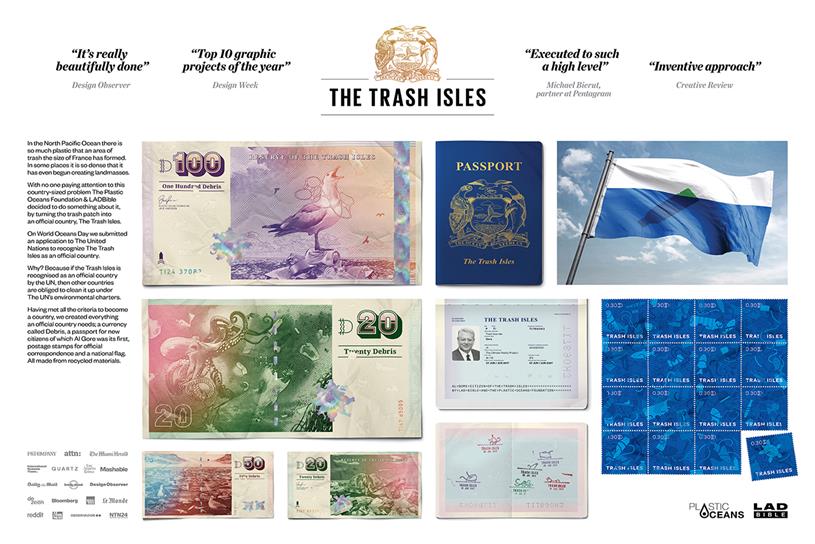
Meanwhile, in its efforts to raise awareness of the devastating impact of palm oil on the environment, NGO Greenpeace was somewhat upstaged by plastic pollution. Trash Isles could spur people into action precisely because a foundation of awareness had been laid before: when it came to palm oil, very little had ever been said about it. The task was to ‘make palm oil as famous as plastics’ and Greenpeace decided to approach it through an animated film. ‘There’s a Rang-tan in my Bedroom’ communicated the problem of palm oil through heartstring-pulling, Disney-like storytelling.
With the backing of celebrities and supermarkets using Rang-tan to label their palm-oil-free products, the film was translated into seven languages and used in 20 countries. When a TV ad featuring Rang-tan was banned from being broadcast in the UK, supporters rallied behind Greenpeace, with over a million people signing a petition to have the ad allowed.
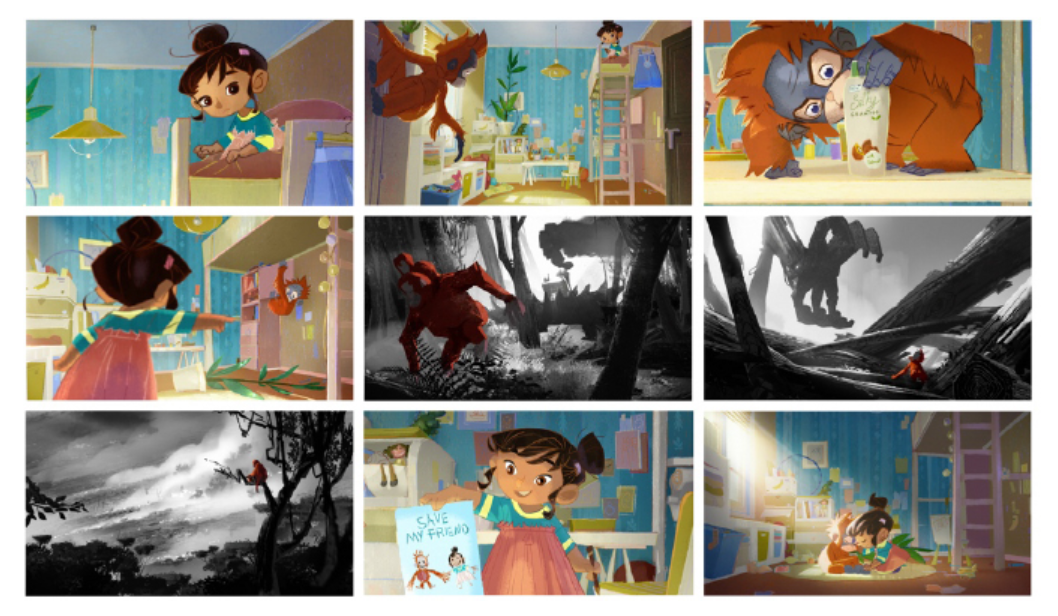
Through Mother London, the campaign achieved breakthrough change, from retailers pledging to stop selling products containing palm oil to the world’s largest palm-oil producer unveiling new plans to regulate its suppliers. It won Silver at the 2019 APG Awards.
Challenging stigma by shifting perceptions
The Global Fund, an organisation supporting programmes to fight AIDS, tuberculosis and malaria across the world, launched a radio campaign to shift perceptions around HIV/AIDS sufferers in southern Africa. The bias against the minorities most likely to contract HIV was stopping the very sufferers from seeking medical help, resulting in the loss of thousands of lives.
To truly get to the heart of prejudice, The Global Fund chose a creative medium with strong humanising power: radio dramas. Being much more common than TV in the south of Africa, radio was a universal medium and the main source of entertainment for many families – with dramas one of the most popular segments. Drama series People Like Us consisted of 13 episodes, each recorded in multiple languages to ensure local resonance across the country, and told the stories of stigmatised minorities.
The Bronze-winning campaign, through M&C Saatchi, reached more than 36 million people across southern Africa – nearly a third of the population – and resulted in improved social sentiment about minorities in each of the eight countries targeted.
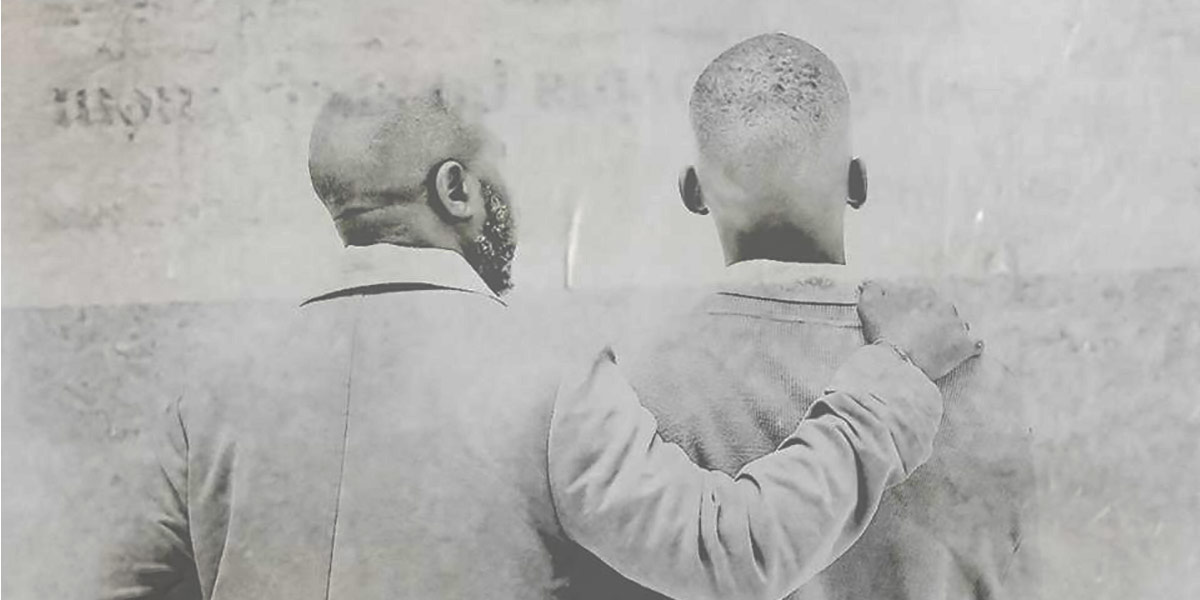
“Why is it that when a man sleeps around, he’s called a ‘stud’, but when a woman does the same, she’s a ‘slut’?” This all-too-familiar double standard was the premise of ellaOne’s effort to destigmatise the use of the morning-after pill in Europe. With MyMorningAfter, the emergency contraception brand wanted to inspire women to take ownership of their morning-after choices, removing the shame for them and shifting society’s negative perceptions in the process.
Across TV, social, cinema and OOH, the creative told the story of five young women’s journeys from home to pharmacy, and saw uncertainty and shame turn into confidence and strength. The work, through Havas London, overdeliered on its objectives. In Spain and Switzerland, ellaOne reached its highest market share – 27.9% and 66.1% respectively – while in the UK it grew the category by 19.4%. It was awarded Bronze at the 2019 APG Awards.
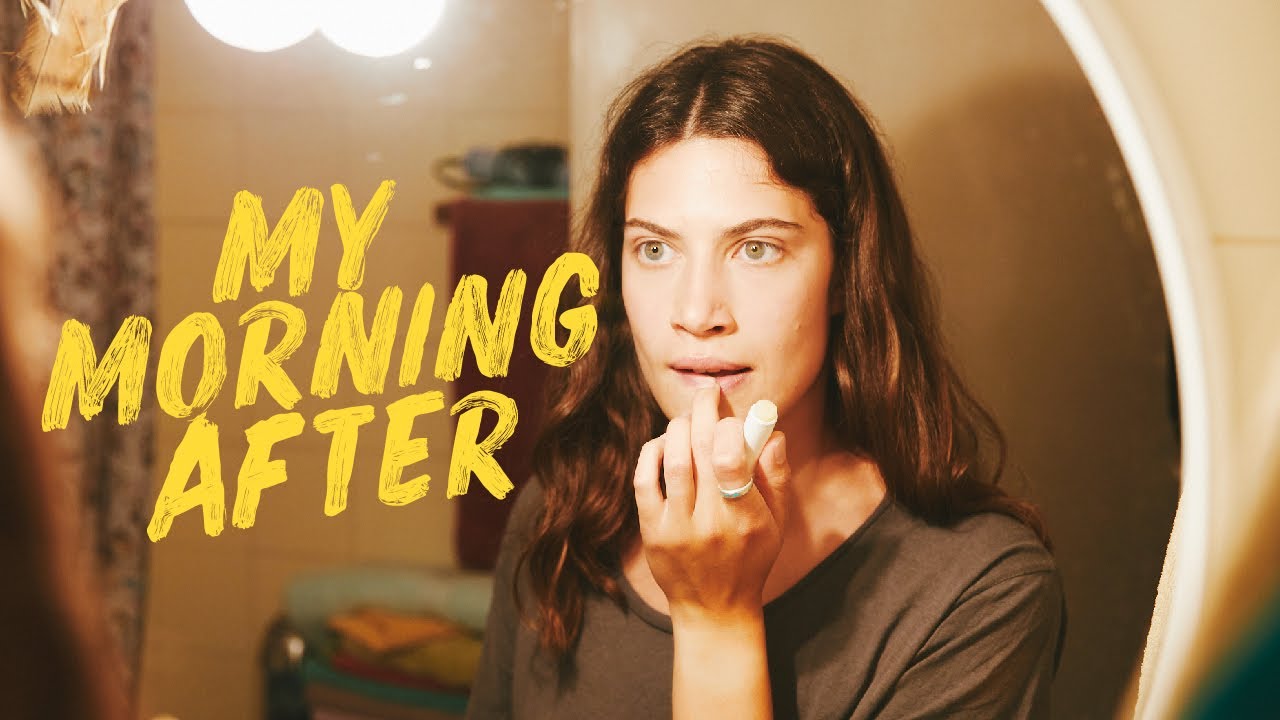
Celebrating a diverse society
In the UK, what started as a brand campaign blossomed into a touching celebration of the country’s diversity. At a time when nationalist sentiment was high, HSBC needed to reassure the public of its commitment to UK people and businesses without denying its international heritage and alienating its global connections.
The Silver-winning Global Citizen campaign launched with a film featuring Richard Ayoade: the Hammersmith-born-and-raised, half-Nowerwegian, half-Nigerian comedian was the perfect representation of both the bank’s international heritage and Britain’s richly diverse culture. The core ‘We are not an island’ message was then amplified through manifesto-like OOH celebrating the myriad international influences without which the UK would not be the same.
JWT London’s work delivered on its objective: HSBC witnessed a 10% drop in people calling it a ‘global bank’ and a 13% increase in people defining it as a ‘UK bank with a global network’. The campaign ignited a country-wide conversation and doubled HSBC’s ad awareness among its target audience.
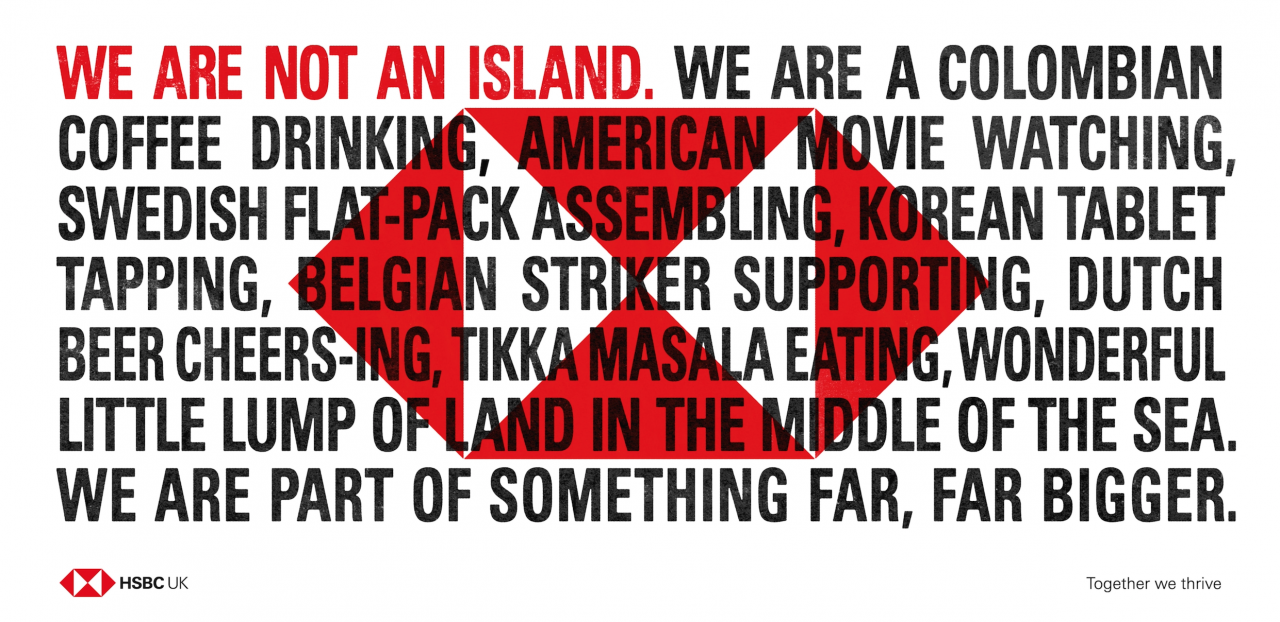
Meanwhile, candy brand Skittles took part in the London Pride celebrations by sacrificing one of its most valuable assets as a sign of support. To reverse declining sales and earn more shelf space, the brand decided to tie in with an event that also laid claim to its iconic rainbow: Pride. Wishing to make its message of support meaningful, Skittles gave up its own rainbow to signify Pride’s was more important, and partnered retailer Tesco to stock the new black-and-white candy packs.
The Silver-winning campaign extended across social, OOH, point-of-sale and influencer content, generating 250m impressions and making headlines beyond the UK. The initiative, through adam&eveDDB London, reversed the long-term sales decline and increased Skittles presence in Tesco stores by 92%.
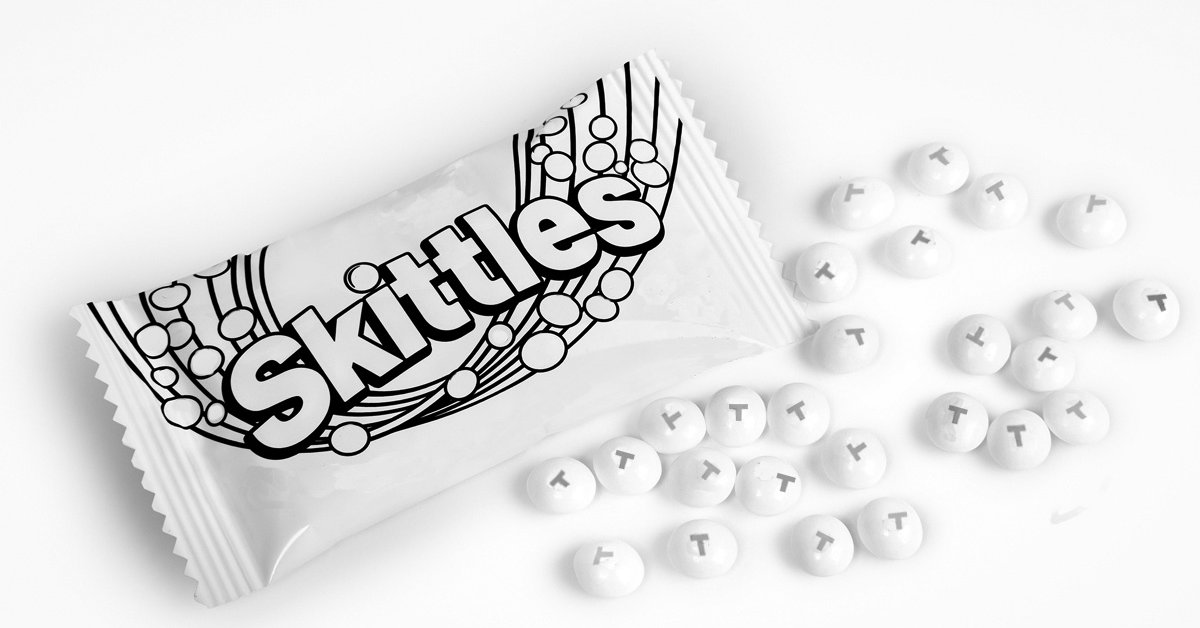
The 2021 APG Creative Strategy Awards are now open for entries. This year, they feature new Special Prizes, including the Best Strategic Response to the Challenge of Climate Change and the Best Strategic Response to COVID-19. To find out more and submit your work, visit their website.

